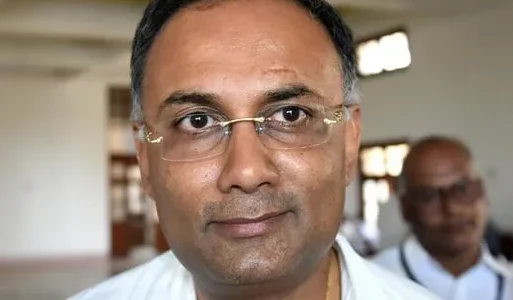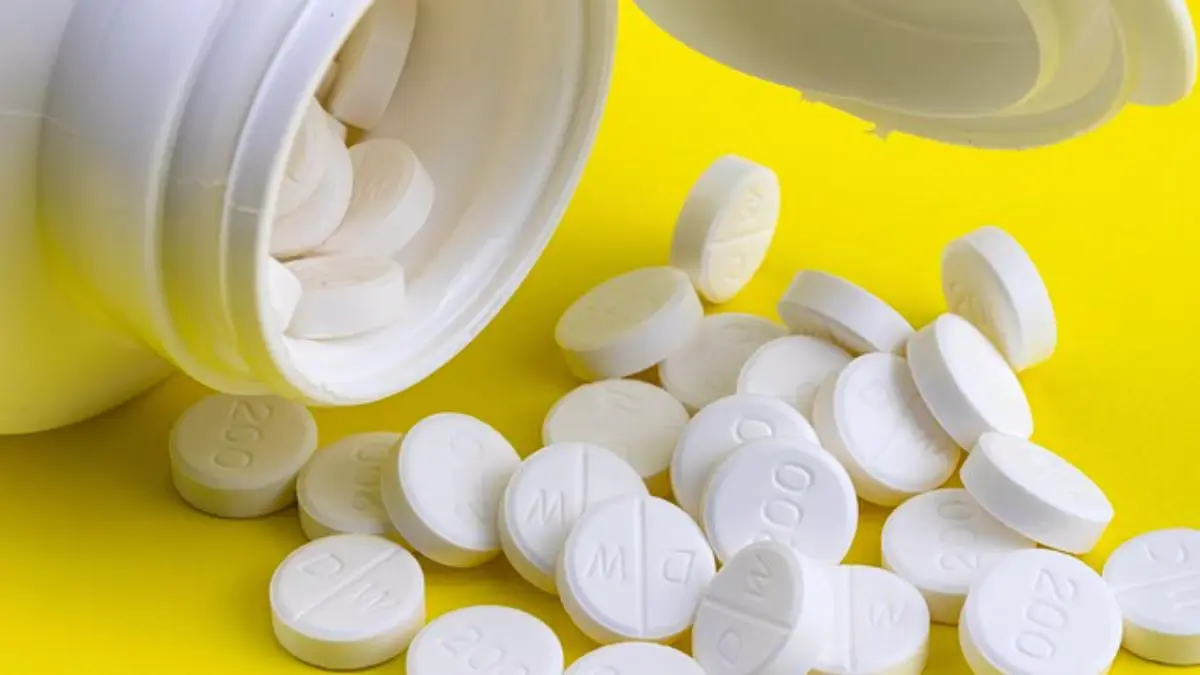The health and safety of the public is a matter of great importance, and recent developments in Karnataka have highlighted two significant concerns: the lack of regulation surrounding tattooing and the use of polythene sheets in food preparation. Both issues have raised alarms regarding potential health risks, with the state’s health and food safety departments actively working to address these concerns.
Tattooing: A Growing Concern
The Karnataka health department has announced its intention to seek national-level regulations for tattooing, a practice that has gained considerable popularity over the years. The push for regulation follows troubling findings regarding the safety of tattoo inks being used in the state. According to health officials, many tattoo inks contain harmful heavy metals and chemicals, posing risks to health and safety. Minister Dinesh Gundu Rao addressed these concerns during a press conference, revealing that tattooing, despite its widespread popularity, operates without any formal oversight. There are currently no regulations on the use of tattoo inks, many of which may contain harmful substances such as heavy metals and residual solvents.
Tattoo ink, which is directly injected into the skin, can potentially carry harmful bacteria, viruses, and fungi if the inks are contaminated or if proper hygiene standards are not followed in tattoo studios. This has raised questions about the safety of the practice and the potential for serious health complications. A recent study conducted by Karnataka’s food safety and drugs administration found that tattoo ink samples collected from across the state contained dangerous substances, including arsenic, chromium, selenium, and platinum, among others. These heavy metals, if absorbed by the body, can lead to long-term health issues, such as organ damage and neurological problems.
According to officials, the high concentration of these harmful metals and solvents in tattoo inks poses a serious risk to individuals, particularly as there are currently no guidelines on the permissible levels of these substances. In addition to the potential for harmful chemicals, concerns have also been raised about the sterility of tattoo needles and the lack of hygiene standards in many tattoo parlours. A single ink container is often used for multiple customers, which increases the risk of contamination. The failure of some studios to meet basic aseptic standards further exacerbates the issue.
Given the serious health risks associated with these unsafe tattooing practices, the Karnataka health department has taken proactive steps. Minister Dinesh Gundu Rao has directed the food safety commissioner to formally request that the Union health ministry introduce national regulations governing tattooing. This would include licensing requirements for tattoo artists and studios, as well as strict guidelines on the safety and sterility of tattoo inks and equipment. The health department is calling for clear regulations to protect consumers from the potential dangers of tattooing, especially given the lack of oversight in the current system.
A Broader Look at Tattooing Safety
Under the Drugs and Cosmetics Act of 1940, the term “cosmetic” is defined as any substance applied to the body for beautification or altering appearance. Tattoo ink technically falls under this definition. However, the ink has not yet been officially classified as a cosmetic product, which has contributed to the lack of regulations surrounding its use. This regulatory gap has made it difficult for authorities to ensure that tattoo inks and the tattooing process meet safety standards.
Minister Rao emphasized the urgency of introducing regulations that would establish clear guidelines for the tattoo industry. “Clear guidelines must be established to ensure that the products used in tattooing do not pose a risk to public health,” he said. The health department’s initiative to introduce regulations on tattooing aims to bring this practice under formal oversight, much like other industries that involve direct interaction with the human body.
With a growing number of people opting for tattoos, especially among the younger population, the lack of safety regulations and the presence of harmful substances in tattoo inks have raised legitimate concerns. The push for regulation aims to safeguard consumers and ensure that tattoo parlours adhere to hygiene standards to prevent infections and other health complications.
Food Safety: Polythene Sheets in Idli Preparation
In addition to the tattooing concerns, the Karnataka food safety department has recently raised alarms about the use of polythene sheets in the preparation of idlis, a staple in the region’s cuisine. Idlis are traditionally steamed in cloth, but reports revealed that some restaurants had switched to using plastic sheets. This practice, according to health officials, poses significant health risks, primarily due to the carcinogenic properties of plastic.
Minister Rao explained that food safety department officials had collected idli samples from 251 locations across Karnataka to investigate the use of plastic in food preparation. It was discovered that 52 restaurants were using plastic sheets to prepare idlis, which raised serious concerns about food safety. The use of plastic in food preparation is particularly dangerous because harmful chemicals from the plastic can leach into food during the cooking process. These chemicals, when consumed, can pose long-term health risks, including an increased risk of cancer.
The findings of the food safety department have led to immediate action. Minister Rao assured the public that the government would enforce a strict ban on the use of plastic in food preparation. Restaurants that continue to use plastic sheets will face penalties, and the public has been encouraged to report such practices to the authorities. The health minister emphasized that the use of plastic in food preparation is not only a violation of food safety standards but also a threat to public health.
Ensuring Public Health and Safety
The recent developments in Karnataka highlight the state’s commitment to ensuring public health and safety. The health department’s initiative to seek regulations on tattooing and the food safety department’s crackdown on the use of plastic in food preparation are part of a broader effort to protect the public from harmful practices. With these steps, Karnataka is taking a proactive approach to addressing emerging health risks and ensuring that businesses adhere to safety standards.
The concerns raised over tattooing and food safety are not unique to Karnataka, but the state’s response sets a valuable precedent for other regions to follow. As tattooing continues to grow in popularity, it is essential that regulations be put in place to ensure that it is performed safely and hygienically. Similarly, the use of plastic in food preparation is a widespread issue that requires immediate attention, as it poses a serious threat to public health.
Karnataka’s decision to address these issues head-on underscores the importance of regulatory oversight in industries that directly impact public health. By introducing clear guidelines and enforcing strict standards, the state aims to protect consumers from the potential risks associated with these practices. The collaboration between the health and food safety departments is a positive step toward safeguarding the well-being of the people of Karnataka.
As Karnataka moves forward with its plans to introduce regulations on tattooing and enforce a ban on plastic in food preparation, it is setting an important example for other states to follow. These actions are crucial in addressing growing health concerns and ensuring that businesses adhere to safety standards. With the support of the Union health ministry and national-level regulations, Karnataka’s efforts will help establish a safer environment for consumers and reduce the risks associated with these practices.
The initiative is a timely reminder of the need for regulatory frameworks that can adapt to emerging health risks. Whether it is the safety of tattoo inks or the use of plastic in food preparation, Karnataka is leading the way in addressing these concerns and protecting the health of its citizens. As the state continues to push for regulatory action, it will help pave the way for safer practices in the future.























